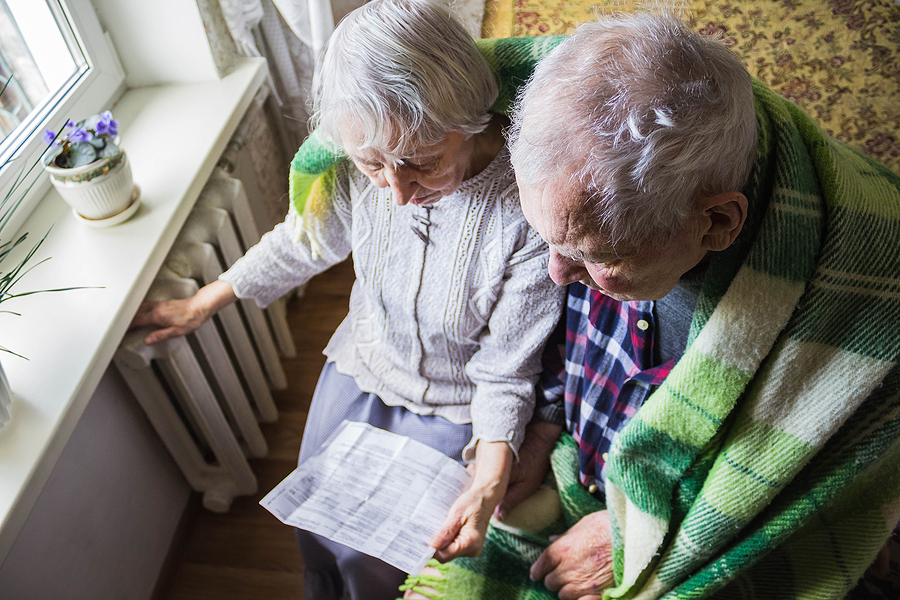Disabled people are in the unfair position that they need to spend more on energy, living expenses and transport costs, while at the same time they are earning less than their non-disabled colleagues.
This is the opinion of Frances O’Grady from the Trades Union Congress (TUC), commenting on figures released by the Office for National Statistics (ONS) recently.
The ONS data showed that disabled people earn on average £1.93 per hour less, which leads to a disparity of £3,500 over a year if they work 35 hours a week.
General secretary of the TCU, Ms O’Grady said: “Disabled workers were among the hardest hit during the pandemic. And now millions of disabled workers face a living standards emergency – with lower pay than non-disabled workers, but higher energy and transport costs.”
The whole country is currently dealing with rising energy bills, petrol and diesel costs, inflation and extortionate house prices as the economy emerges from the pandemic, Brexit and global political problems.
However, those who have life-long conditions are feeling the pinch more than anybody else, the TUC argues, due to this pay disparity – having risen from 11.7 per cent in 2014 to 13.8 per cent in 2021 – and greater living expenses.
Ms O’Grady said: “It’s time for big employers to be forced to publish their disability pay gaps, to help shine a light on poor workplace practices that fuel inequality at work.”
If they fail to do this, disabled people will suffer from “in-work poverty”.
Findings from the TUC also revealed 40 per cent of disabled employees had been pushed into financial hardship in the year leading up to November 2021. This includes having to take on more debt, cut back on their expenses, and go to food banks. Twenty-two per cent of disabled employees were also worried about losing their jobs, compared with just 11 per cent of non-disabled colleagues.
It is not just the inequality in wages that is affecting disabled people at the moment, as Scope argues they are feeling a financial squeeze more so than those who are not disabled.
The disability equality charity revealed they are more than twice as likely to have a cold house, three times as likely to not be able to afford food, and 76 per cent have had to reduce household spending recently.
Even more shockingly, of those disabled people who have experienced a rise in living costs over the last six months, nearly half (48 per cent) have said this has worsened their condition, while 51 per cent believe their mental health has deteriorated as a result.
Last month, the energy price cap increased, which could see bills rise by nearly £700 a year for those on default tariffs.
Director of strategy at Scope James Taylor stated: “The new energy price cap is only going to heap more pressure on disabled households.”
Those who rely on electric wheel charging, oxygen machines, sensory mats or who face extra washing will all be using considerably more energy than other homes, which is why energy price increases will hit disabled people the hardest.
One way to reduce costs could be to invest in a tub style walk-in bath, as this allows you to fill up only what you need to wash yourself.
If you are interested in finding out more information, call us on 01491 411041 or visit our website.
13 May,2022








